
1. Drink fluids throughout the day to stay hydrated.
In order for your sinuses to drain and reduce pressure on the roots of your teeth, drink 1 glass of water every 1 to 2 hours during the day. The fluids help thin your mucus, which reduces swelling.
Avoid drinking caffeine or alcohol because these can dehydrate you.
2. Breathe in steam for 10 to 15 minutes to open your nasal passages.
Run a hot shower to create a steamy environment in your bathroom. Step into the shower and take deep breaths through your nose so the steam moisturizes your nasal passages. The steam can loosen mucus so your sinuses drain easier. This relieves pressure on the roots of your teeth.
If you don’t want to take a shower, bring a large pot of water to boil. Turn off the heat and drape a clean towel around your head. Then, carefully lower your head so it’s 1 foot (30 cm) above the water and the towel traps the steam. Breathe in the steam for 10 minutes.
3. Flush out your sinuses with a saline solution.
Encourage sinus drainage by irrigating your nasal passages. Fill a neti pot or clean bulb syringe with saline solution. Tilt your head to the side and insert the tip of the pot or syringe into your nostril. Then, squeeze or pour the solution so it goes through your nostril and out the other side. Repeat this with the other nostril.
If you use a neti pot, it’s important to use distilled or boiled and cooled water to prevent infection.
Thoroughly clean the pot or bulb syringe with soapy water once you’ve finished using it. Then, let it dry completely.
4. Try taking antihistamines if your sinus infection is caused by allergies.
If your sinuses become inflamed during allergy season, take OTC antihistamines. These can prevent allergies from irritating your sinuses and nasal passages. Keep in mind if something else is causing the sinus infection, taking antihistamines could dry up your mucus, making it harder for your sinuses to drain.[8]
If your seasonal allergies cause sinusitis, consider getting an allergy shot. This can prevent your sinuses from flaring up.
5. Take OTC decongestants for 1 or 2 days to reduce swelling.
Use decongestant pills, sprays, or liquids to narrow the blood vessels around your sinuses. This can reduce pressure on the roots of your teeth, which relieves the toothache.
Don’t take decongestants for more than a few days or they could actually make you more congested.
6. Eat foods that reduce inflammation.
If you frequently get sinus infections, change your diet to include healthier foods that limit inflammation. Try to eat a few of these every day:
- Tomatoes
- Olive oil
- Leafy green vegetables, such as spinach or kale
- Nuts, such as almonds or walnuts
- Fatty fish, such as salmon, tuna, or mackerel
- Fresh fruits, such as cherries, berries, or oranges
Tip: Avoid eating foods that make inflammation worse. These include fried foods, red meats, refined carbohydrates, sugary beverages, and saturated fats.
Getting Medical Attention for Sinus Problems
1. Contact your dentist if the pain gets worse or lasts more than 2 days.
Most sinus problems clear up quickly once you reduce inflammation, but if your toothache feels more painful or doesn’t go away after your sinuses clear up, call your dentist. Many dentists leave a few appointments open for last-minute scheduling so you can get in quickly.
If you can’t get an appointment with your dentist, see if you can get an appointment with your doctor instead.
2. Get a dental exam to rule out other causes of toothache.
Your dentist will ask you about which teeth are painful and whether or not you feel pressure near your sinuses. If they don’t think sinusitis is causing the toothache, they might do X-rays and examine your teeth for:
- Tooth decay
- Cracks
- Fractures
- Infection
Tip: If your dentist finds a different cause for your toothache, follow their treatment plan. For example, you may need a root canal or fillings.
3. Take prescription medication to treat a sinus infection.
If you’ve tried to reduce sinus inflammation at home without success, your doctor might need to prescribe a stronger medication for you. For example, you may get antibiotics if your sinus infection is severe and caused by a bacterial infection.
Your doctor might write you a prescription for stronger decongestants or antihistamines.
Feel free to follow up with your doctor if the pain doesn’t go away or if your symptoms change. Your toothache may actually be caused by several health conditions.


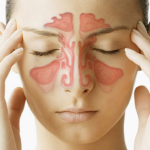

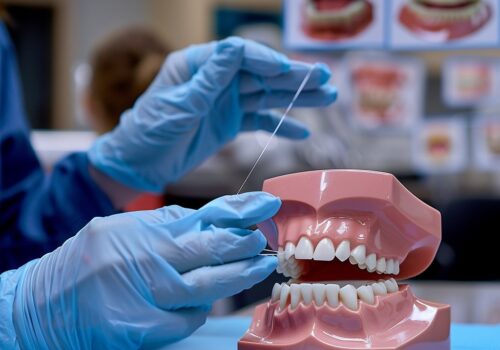
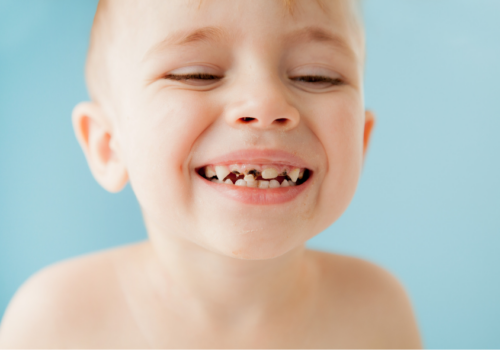

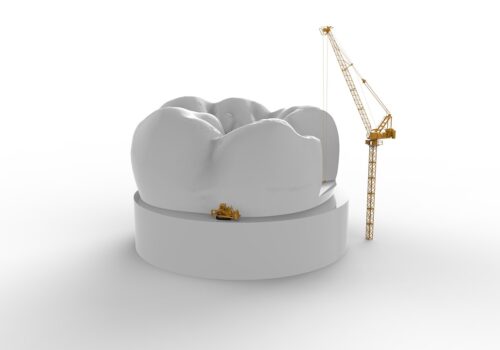
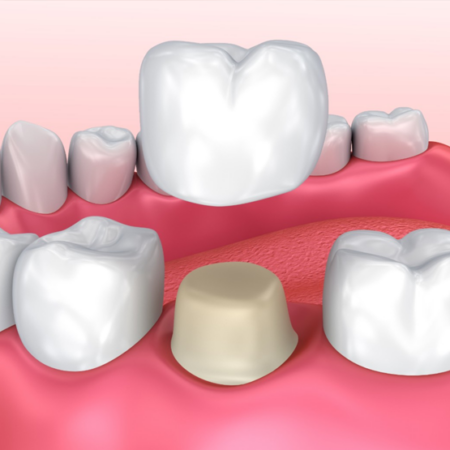
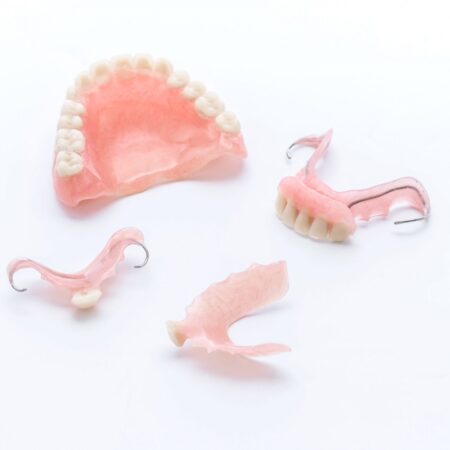
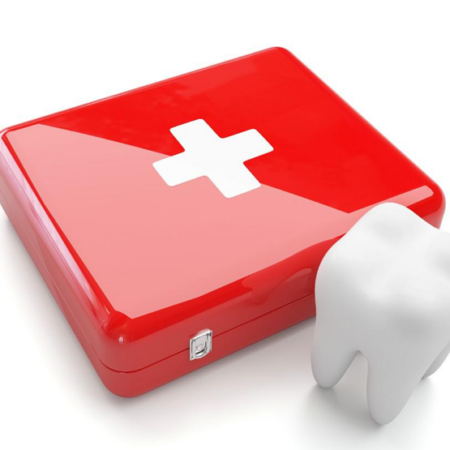
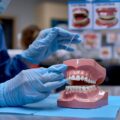


Leave a Reply